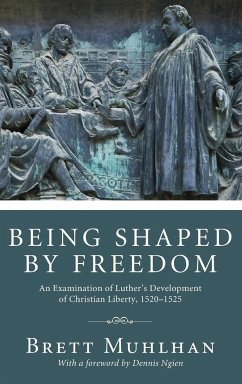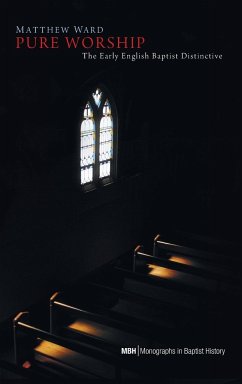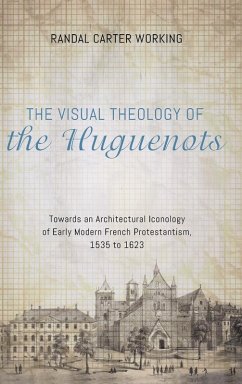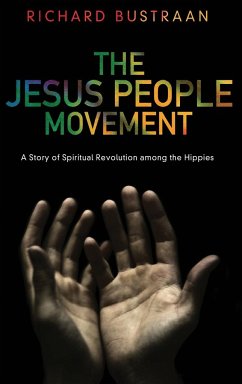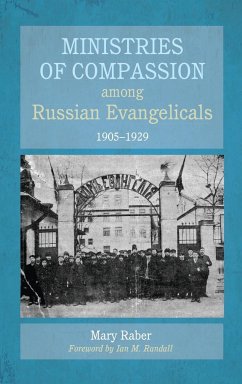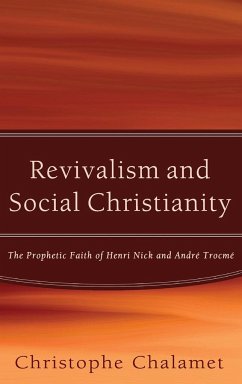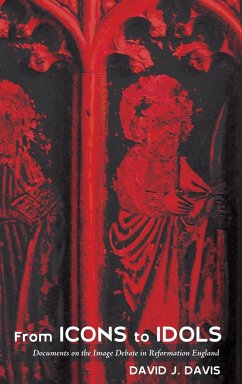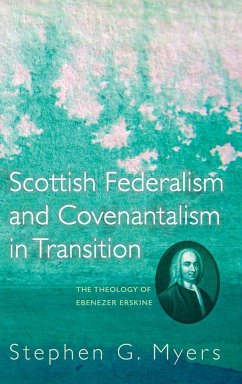Description: Did Luther get Christian freedom right? The answer to this question contains two elements: ¿ What is Luther's understanding of Christian freedom? ¿ How did his understanding stand up under the pressure of reformation? Muhlhan examines both of these elements and contends that the sublime beauty of Luther's early understanding of Christian freedom--an understanding that empowered the German reformation--is consistently the same understanding he used to undermine papal heteronomy and refute radical legalism. The relational character, cruciform substance, and complex structure of Luther's concept of freedom enabled him to speak both polemically and catechetically with a clear and authoritative communicative clarity that reinvoked the magnificence of Christ and him crucified for sinners. The impact, both positive and negative, of Luther's appraisal of Christian freedom finds its focus of impact in the small world of Wittenberg in the sixteenth century yet resonated throughout the church of his day as a powerful, theologically laden response to legalism and antinomianism. Therefore, in light of this impact and its correlation to biblical freedom, Muhlhan contents that we can confidently affirm that Luther did indeed get Christian freedom right and that he did not fail to live by the implications of this radical theology. Endorsements: ""This well-researched and well-written book is a unique contribution to Luther studies. No other work so clearly and creatively demonstrates how Luther's concept of inner freedom works out in the early, difficult social situations the reformer faced. Being Shaped by Freedom is a courageous attempt to argue for and to elucidate the consistency between the reformer's practice and the indicative of reforming doctrine."" --Michael Parsons, Spurgeon's College ""With clarity, precision, and insightful sensitivity, Muhlhan . . . examines how Luther's understanding of justification and freedom produces the faithful life of the believer. This refreshing analysis contributes significantly to our understanding of the holistic view of Christian righteousness fashioned by Luther's distinctions of law and gospel and of two kinds of human righteousness. This book shows how Luther's insights actually functioned in his proclamation aimed at shaping Christian consciousness and performance of God's will."" Robert Kolb, Concordia Seminary ""Brett Muhlhan displays a comprehensive knowledge of the principles and materials treated, lucidity in communicating that knowledge, and originality and independence in applying them . . . Throughout, he shows a talent for sound theological exposition, and an analytic gift to unearth the complex structure and substance of Luther's thinking . . . This monograph, a substantial study of high quality, deserves an ecumenical reception."" --From the Foreword by Dennis Ngien, Tyndale Seminary About the Contributor(s): Brett Muhlhan is Postgraduate Coordinator and Lecturer in Historical Theology, Systematics, and New Testament at the Perth Bible College, Western Australia.
Hinweis: Dieser Artikel kann nur an eine deutsche Lieferadresse ausgeliefert werden.
Hinweis: Dieser Artikel kann nur an eine deutsche Lieferadresse ausgeliefert werden.

